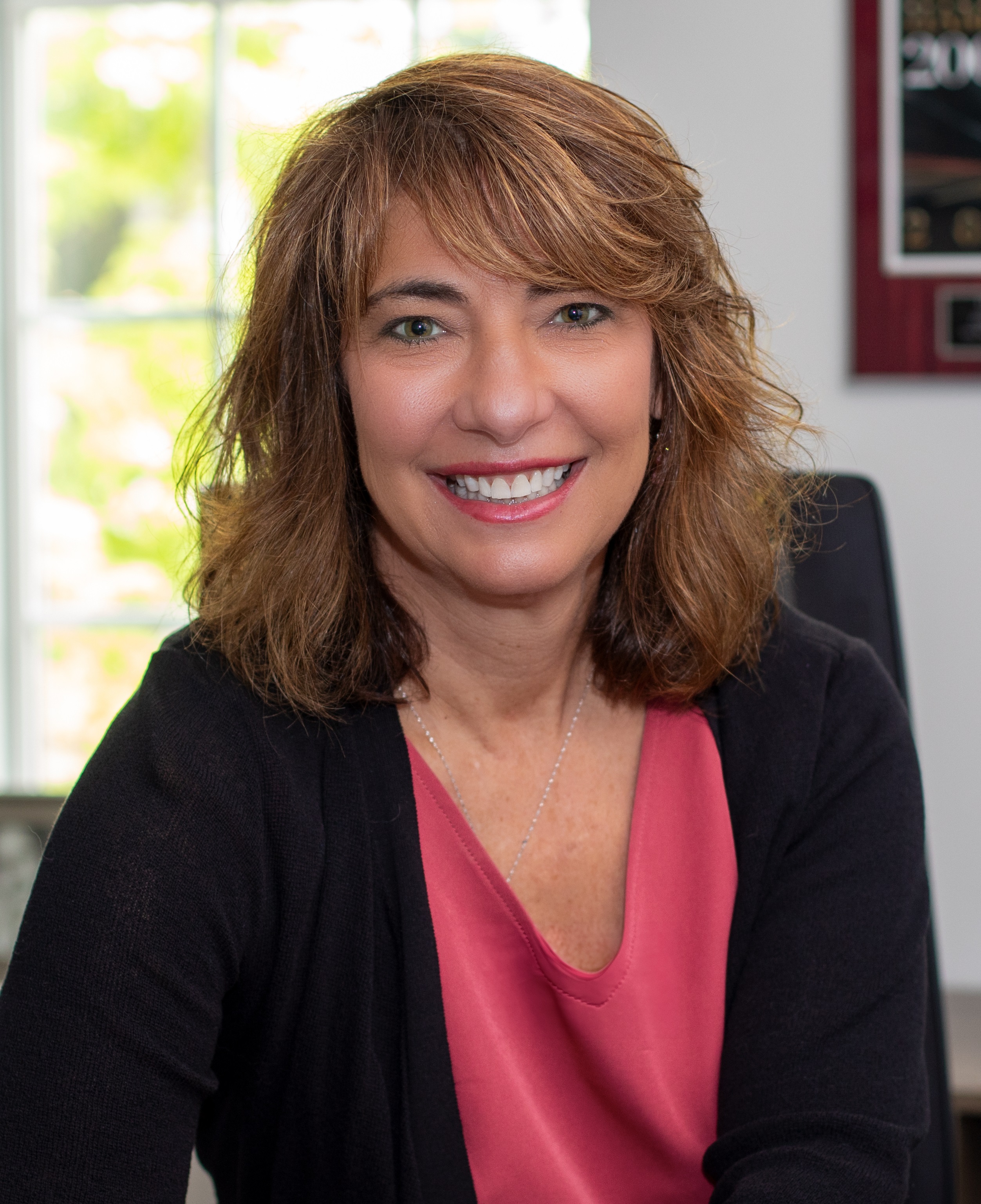Published: October 2, 2024
Embracing Innovation: Elliot Hospital Leverages AI to Enhance Patient Care
As the healthcare industry continues to evolve, healthcare providers like Elliot Hospital are embracing the power of artificial intelligence (AI) to transform patient care. From enhancing diagnostic accuracy to streamlining administrative tasks, AI is proving to be a game-changer, allowing physicians to spend more time where it matters most—with their patients.
Using AI for Enhanced Patient Care
Artificial intelligence is rapidly becoming an integral part of healthcare, providing solutions that enable physicians to work more efficiently and effectively. Dr. Holly Mintz, senior vice president and chief medical officer of Elliot Medical Group Ambulatory Services, highlights the impact of AI on patient care: "AI is not just a tool; it's a catalyst for change in how we deliver care. By automating routine tasks and offering insights that were previously unattainable, AI allows us to focus on delivering personalized and attentive care to our patients. Importantly, streamlining administrative tasks also helps our providers maintain a healthy work-life balance."
Many providers at Elliot Health System are now using the Dragon Ambient eXperience (DAX), an innovative AI tool that securely captures office visit interactions and converts them into notes. This technology lets providers engage fully with patients without the burden of real-time documentation, enabling them to focus on the patient instead of paperwork.
AI-powered tools are now capable of analyzing vast amounts of data, from medical images to electronic health records (EHR), with remarkable speed and accuracy while ensuring patient privacy. This fall, Elliot Health System will launch an AI program to track incidental findings on chest exams, ensuring timely follow-ups for patients. These AI algorithms can detect patterns in imaging scans that might be missed by the human eye, enabling earlier and more accurate diagnoses.
Learn More About Elliot Health System
Connecting Patients and Providers with AI
AI is also enhancing the way patients and healthcare providers stay connected between visits. AI-driven platforms and applications are empowering patients to manage their health more proactively while keeping their doctors informed in real time.
"AI has opened up new avenues for continuous care," says Dr. Mintz. "Through AI-powered apps and wearable devices, we can monitor patients' health remotely, detect potential issues before they escalate, and intervene in a timely manner. This technology allows us to provide a level of care that was once unimaginable."
Wearable devices, equipped with AI, can track vital signs such as heart rate, blood pressure, and glucose levels, providing real-time data that can be shared with healthcare providers. AI algorithms can then analyze this data to identify trends and alert both the patient and the physician if something requires attention. Similarly, AI-powered chatbots and virtual assistants can help patients manage medication schedules, and log symptoms.
The Future of AI in Patient-Centered Care
As Elliot Hospital continues to integrate AI into its healthcare delivery, the focus remains on improving patient outcomes and personalizing care. Dr. Mintz envisions a future where AI and human expertise work hand in hand: "The patient-provider relationship is always a priority. AI will never replace the human element in healthcare, but it will undoubtedly enhance it. By leveraging AI, we can make more informed decisions, spend more quality time with our patients, improve the quality of life of our providers, and ultimately provide better care."
The adoption of AI in healthcare marks a significant step toward a more efficient, patient-centered approach. The future of patient care looks brighter than ever.
 Dr. Holly Mintz is the Senior Vice President and Chief Medical Officer of Elliot Medical Group Ambulatory Services. Her career began as a pediatrician at Elliot Health System and evolved to leadership roles, culminating in her appointment as chief medical officer and earning an MBA in 2022. Dr. Mintz is committed to innovation, particularly in expanding behavioral health services, and integrating technology for improved patient outcomes and provider quality of life. She completed her medical education at SUNY at Syracuse, followed by an internship and residency at the Children's Hospital of Pittsburgh.
Dr. Holly Mintz is the Senior Vice President and Chief Medical Officer of Elliot Medical Group Ambulatory Services. Her career began as a pediatrician at Elliot Health System and evolved to leadership roles, culminating in her appointment as chief medical officer and earning an MBA in 2022. Dr. Mintz is committed to innovation, particularly in expanding behavioral health services, and integrating technology for improved patient outcomes and provider quality of life. She completed her medical education at SUNY at Syracuse, followed by an internship and residency at the Children's Hospital of Pittsburgh.
